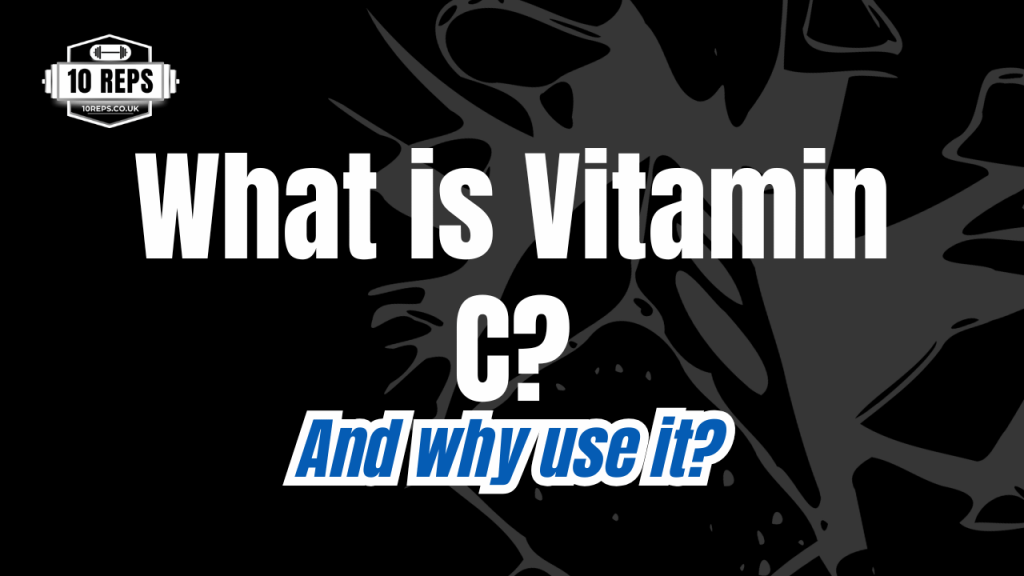Vitamin B12, also known as cobalamin, is a water-soluble vitamin that plays a vital role in many of your body’s essential functions — from producing red blood cells and DNA to supporting a healthy nervous system. Despite being critical for overall health, B12 deficiency is surprisingly common, especially among certain groups.
In this article, we’ll explore what Vitamin B12 is, the benefits of supplementing it, who might need it most, and how to make sure you’re getting enough.
Table Of Content
What Is Vitamin B12?
Vitamin B12 is one of eight B vitamins and is unique because it contains cobalt, which is why its scientific name is cobalamin. It’s essential for several bodily processes including:
- Red blood cell formation
- Neurological function
- DNA synthesis
- Energy production
Unlike many other vitamins, B12 is mainly found in animal products such as meat, dairy, and eggs, which can make it harder for certain people — particularly vegetarians, vegans, and older adults — to get enough from diet alone.
Key Benefits of Vitamin B12
1. Supports Energy Metabolism
B12 helps your body convert carbohydrates into glucose — the fuel your body runs on. Without enough B12, you might feel fatigued, sluggish, or mentally foggy.
2. Improves Mood and Mental Clarity
Vitamin B12 supports the production of brain chemicals like serotonin and dopamine, which help regulate mood. Low levels are linked with a higher risk of depression, anxiety, and memory problems.
3. Helps Prevent Anaemia
B12 is essential for making healthy red blood cells. A deficiency can lead to megaloblastic anaemia, a condition where the body produces abnormally large and ineffective red blood cells, resulting in fatigue and weakness.
4. Supports Nervous System Health
This vitamin maintains the protective covering (myelin sheath) of nerves. Deficiency can cause tingling, numbness, or even long-term nerve damage if left unaddressed.
5. Plays a Role in Heart Health
B12 helps lower homocysteine levels — a type of amino acid that, when elevated, is linked to an increased risk of cardiovascular disease.
Signs You Might Need a B12 Supplement
Common signs of a deficiency include:
- Fatigue or weakness
- Pale or yellow skin
- Memory issues or brain fog
- Tingling hands or feet
- Mood changes or irritability
- Shortness of breath or dizziness
Deficiency can develop gradually or come on suddenly, and some people may not show any symptoms until the levels are dangerously low.
Who Is Most at Risk of B12 Deficiency?
- Vegans and vegetarians (due to lack of animal products)
- Adults over 50 (lower stomach acid makes absorption harder)
- People with digestive disorders (like Crohn’s or coeliac disease)
- Those taking certain medications (like metformin or proton pump inhibitors)
- Pregnant and breastfeeding women (need higher levels)
For anyone in these groups, a quality B12 supplement can be a simple and effective way to protect your health.
Forms of Vitamin B12 in Supplements
There are several forms of B12 available, the most common being:
- Cyanocobalamin – a synthetic form often found in supplements; effective and stable.
- Methylcobalamin – a naturally occurring form used in the body, known for better absorption.
- Hydroxocobalamin and Adenosylcobalamin – less common, but sometimes used in specific treatments.
Most people benefit from either cyanocobalamin or methylcobalamin, depending on their body’s needs and absorption capacity.
How to Take Vitamin B12
B12 can be taken in a variety of ways depending on your preferences and needs:
- Oral tablets or capsules
- Sublingual (under-the-tongue) tablets
- Sprays or drops
- Injections (typically prescribed for severe deficiency)
Dosage varies depending on your age, dietary intake, and medical conditions, but many over-the-counter supplements offer between 500–1000 mcg, which is safe and effective for most adults.
Can You Take Too Much Vitamin B12?
B12 is water-soluble, meaning your body flushes out what it doesn’t need — making it generally safe even at high doses. There is currently no established upper intake limit, but it’s still wise to stick to recommended doses unless advised by a healthcare provider.
Where to Buy High-Quality B12 Supplements in the UK
If you’re looking for trusted B vitamin supplements, check out our full Vitamin B range at 10Reps. Our products are sourced from reputable brands and selected by real gym users who care about performance and wellbeing.
Final Thoughts
Vitamin B12 plays a crucial role in keeping your body and mind running smoothly. Whether you’re looking to boost energy, sharpen focus, or support your long-term health, supplementing B12 can be a smart move — especially if you’re in a group at higher risk for deficiency.
Stay on top of your health by choosing supplements that are well-formulated and easy to absorb. Explore the full collection of Vitamin B supplements at 10Reps and find the right fit for your routine today.


